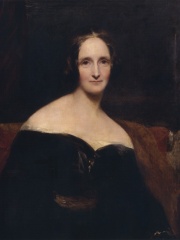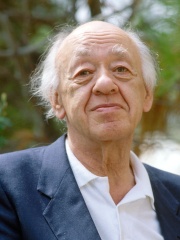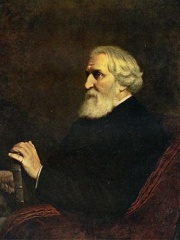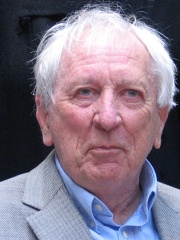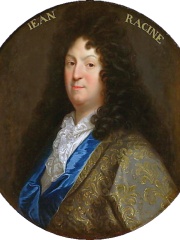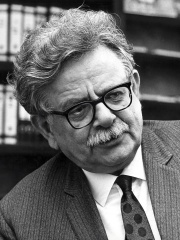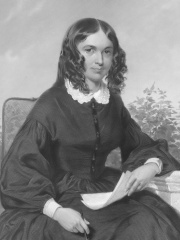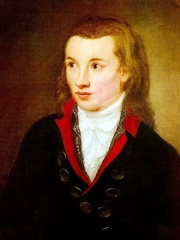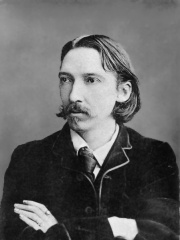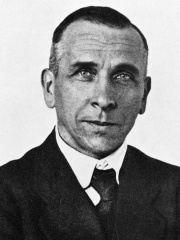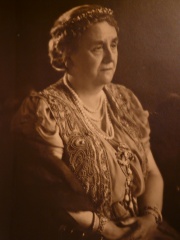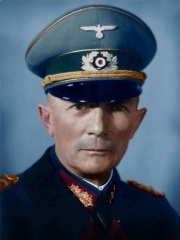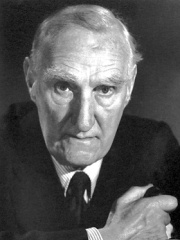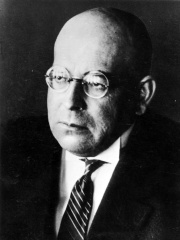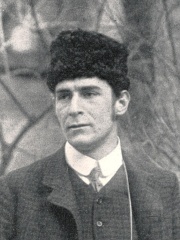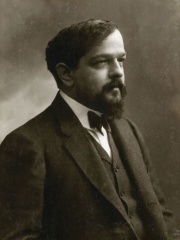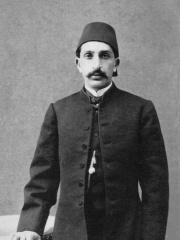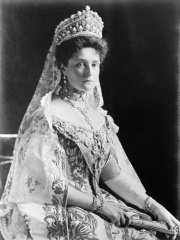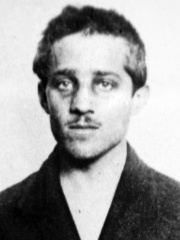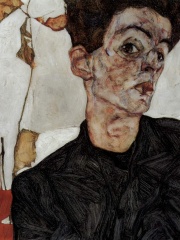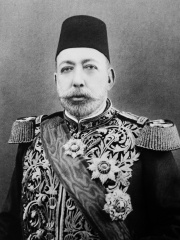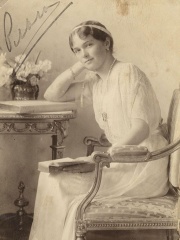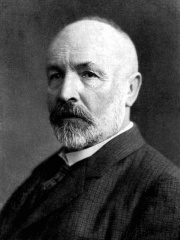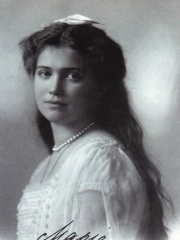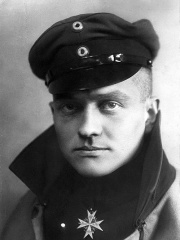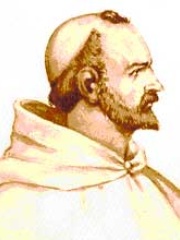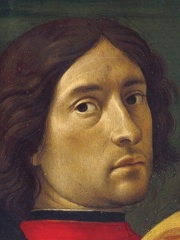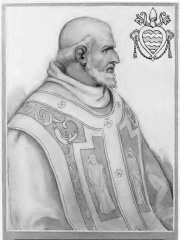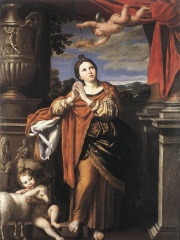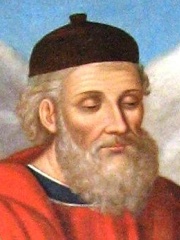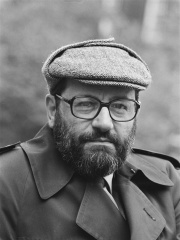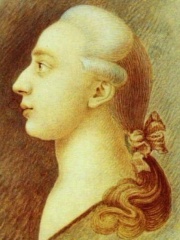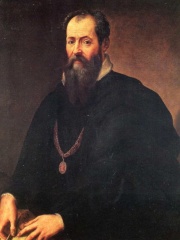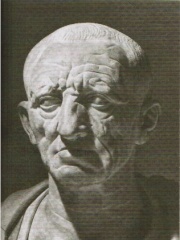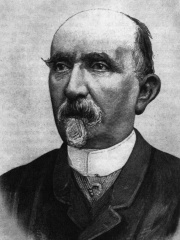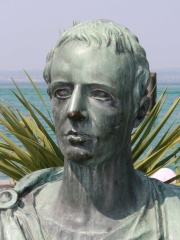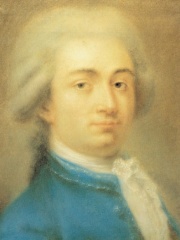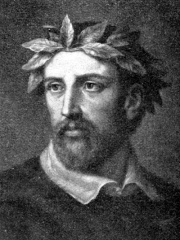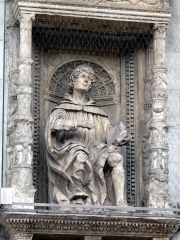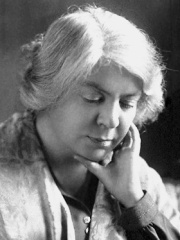WRITER
Guillaume Apollinaire
1880 - 1918
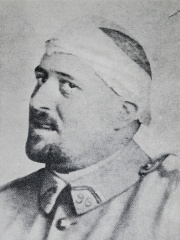
 Guillaume Apollinaire
Guillaume Apollinaire
Guillaume Apollinaire (; French: [ɡijom apɔlinɛʁ]; born Kostrowicki; 26 August 1880 – 9 November 1918) was a Polish-French poet, playwright, short story writer, novelist and art critic of Polish, Swiss and Italian descent. Apollinaire is considered one of the foremost poets of the early 20th century, as well as one of the most impassioned defenders of Cubism and a forefather of Surrealism. He is credited with coining the term "Cubism" in 1911 to describe the emerging art movement, the term Orphism in 1912, and the term "Surrealism" in 1917 to describe the works of Erik Satie. He wrote poems without punctuation, in his attempt to be resolutely modern in both form and subject. Read more on Wikipedia
His biography is available in 79 different languages on Wikipedia (up from 76 in 2024). Guillaume Apollinaire is the 162nd most popular writer (down from 130th in 2024), the 242nd most popular biography from Italy (down from 143rd in 2019) and the 13th most popular Italian Writer.
Guillaume Apollinaire is most famous for his "Calligrammes" which is a series of poems that are written in the shape of the object they are describing.
Memorability Metrics
Page views of Guillaume Apollinaire by language
Among WRITERS
Among writers, Guillaume Apollinaire ranks 162 out of 7,302. Before him are Mary Shelley, Samuel Beckett, Eugène Ionesco, Ivan Turgenev, Henryk Sienkiewicz, and Tomas Tranströmer. After him are Jean Racine, Elias Canetti, Elizabeth Barrett Browning, Novalis, Heinrich Böll, and Robert Louis Stevenson.
Most Popular Writers in Wikipedia
Go to all RankingsMary Shelley
1797 - 1851
HPI: 79.46
Rank: 156
Samuel Beckett
1906 - 1989
HPI: 79.46
Rank: 157
Eugène Ionesco
1909 - 1994
HPI: 79.45
Rank: 158
Ivan Turgenev
1818 - 1883
HPI: 79.43
Rank: 159
Henryk Sienkiewicz
1846 - 1916
HPI: 79.31
Rank: 160
Tomas Tranströmer
1931 - 2015
HPI: 79.26
Rank: 161
Guillaume Apollinaire
1880 - 1918
HPI: 79.26
Rank: 162
Jean Racine
1639 - 1699
HPI: 79.26
Rank: 163
Elias Canetti
1905 - 1994
HPI: 79.19
Rank: 164
Elizabeth Barrett Browning
1806 - 1861
HPI: 79.12
Rank: 165
Novalis
1772 - 1801
HPI: 79.08
Rank: 166
Heinrich Böll
1917 - 1985
HPI: 79.08
Rank: 167
Robert Louis Stevenson
1850 - 1894
HPI: 79.06
Rank: 168
Contemporaries
Among people born in 1880, Guillaume Apollinaire ranks 3. Before him are George Marshall, and Helen Keller. After him are Alfred Wegener, Douglas MacArthur, Wilhelmina of the Netherlands, Fedor von Bock, John Boyd Orr, Robert Musil, Oswald Spengler, Ernst Ludwig Kirchner, and Franz Marc. Among people deceased in 1918, Guillaume Apollinaire ranks 9. Before him are Claude Debussy, Abdul Hamid II, Alexandra Feodorovna, Gavrilo Princip, Grand Duchess Anastasia Nikolaevna of Russia, and Egon Schiele. After him are Mehmed V, Grand Duchess Olga Nikolaevna of Russia, Georg Cantor, Grand Duchess Maria Nikolaevna of Russia, Karl Ferdinand Braun, and Manfred von Richthofen.
Others Born in 1880
Go to all RankingsGeorge Marshall
POLITICIAN
1880 - 1959
HPI: 84.01
Rank: 1
Helen Keller
SOCIAL ACTIVIST
1880 - 1968
HPI: 81.88
Rank: 2
Guillaume Apollinaire
WRITER
1880 - 1918
HPI: 79.26
Rank: 3
Alfred Wegener
GEOLOGIST
1880 - 1930
HPI: 78.56
Rank: 4
Douglas MacArthur
MILITARY PERSONNEL
1880 - 1964
HPI: 78.04
Rank: 5
Wilhelmina of the Netherlands
POLITICIAN
1880 - 1962
HPI: 77.75
Rank: 6
Fedor von Bock
MILITARY PERSONNEL
1880 - 1945
HPI: 77.17
Rank: 7
John Boyd Orr
BIOLOGIST
1880 - 1971
HPI: 76.14
Rank: 8
Robert Musil
WRITER
1880 - 1942
HPI: 75.65
Rank: 9
Oswald Spengler
PHILOSOPHER
1880 - 1936
HPI: 75.52
Rank: 10
Ernst Ludwig Kirchner
PAINTER
1880 - 1938
HPI: 75.30
Rank: 11
Franz Marc
PAINTER
1880 - 1916
HPI: 75.00
Rank: 12
Others Deceased in 1918
Go to all RankingsClaude Debussy
COMPOSER
1862 - 1918
HPI: 82.99
Rank: 3
Abdul Hamid II
POLITICIAN
1842 - 1918
HPI: 82.43
Rank: 4
Alexandra Feodorovna
NOBLEMAN
1872 - 1918
HPI: 81.49
Rank: 5
Gavrilo Princip
EXTREMIST
1894 - 1918
HPI: 80.84
Rank: 6
Grand Duchess Anastasia Nikolaevna of Russia
NOBLEMAN
1901 - 1918
HPI: 79.90
Rank: 7
Egon Schiele
PAINTER
1890 - 1918
HPI: 79.45
Rank: 8
Guillaume Apollinaire
WRITER
1880 - 1918
HPI: 79.26
Rank: 9
Mehmed V
POLITICIAN
1844 - 1918
HPI: 79.26
Rank: 10
Grand Duchess Olga Nikolaevna of Russia
NOBLEMAN
1895 - 1918
HPI: 79.19
Rank: 11
Georg Cantor
MATHEMATICIAN
1845 - 1918
HPI: 78.44
Rank: 12
Grand Duchess Maria Nikolaevna of Russia
RELIGIOUS FIGURE
1899 - 1918
HPI: 77.97
Rank: 13
Karl Ferdinand Braun
INVENTOR
1850 - 1918
HPI: 77.57
Rank: 14
Manfred von Richthofen
MILITARY PERSONNEL
1892 - 1918
HPI: 76.98
Rank: 15
In Italy
Among people born in Italy, Guillaume Apollinaire ranks 242 out of 5,161. Before him are Luca Pacioli (1445), Pope Lucius III (1110), Domenico Ghirlandaio (1448), Pope Benedict XIII (1649), Pope Damasus I (305), and Pope Marcellus I (255). After him are Pope Innocent II (1100), Anselm of Canterbury (1033), Agnes of Rome (291), Pope Celestine V (1215), Diodorus Siculus (-90), and Pope Innocent I (378).
Others born in Italy
Go to all RankingsLuca Pacioli
MATHEMATICIAN
1445 - 1517
HPI: 79.39
Rank: 236
Pope Lucius III
RELIGIOUS FIGURE
1110 - 1185
HPI: 79.36
Rank: 237
Domenico Ghirlandaio
PAINTER
1448 - 1494
HPI: 79.34
Rank: 238
Pope Benedict XIII
RELIGIOUS FIGURE
1649 - 1730
HPI: 79.34
Rank: 239
Pope Damasus I
RELIGIOUS FIGURE
305 - 384
HPI: 79.31
Rank: 240
Pope Marcellus I
RELIGIOUS FIGURE
255 - 309
HPI: 79.26
Rank: 241
Guillaume Apollinaire
WRITER
1880 - 1918
HPI: 79.26
Rank: 242
Pope Innocent II
RELIGIOUS FIGURE
1100 - 1143
HPI: 79.26
Rank: 243
Anselm of Canterbury
RELIGIOUS FIGURE
1033 - 1109
HPI: 79.23
Rank: 244
Agnes of Rome
RELIGIOUS FIGURE
291 - 305
HPI: 79.22
Rank: 245
Pope Celestine V
RELIGIOUS FIGURE
1215 - 1296
HPI: 79.22
Rank: 246
Diodorus Siculus
HISTORIAN
90 BC - 30 BC
HPI: 79.20
Rank: 247
Pope Innocent I
RELIGIOUS FIGURE
378 - 417
HPI: 79.15
Rank: 248
Among WRITERS In Italy
Among writers born in Italy, Guillaume Apollinaire ranks 13. Before him are Umberto Eco (1932), Giacomo Casanova (1725), Giorgio Vasari (1511), Cato the Elder (-243), Carlo Collodi (1826), and Plautus (-254). After him are Catullus (-84), Carlo Goldoni (1707), Torquato Tasso (1544), Pliny the Younger (61), Juvenal (50), and Grazia Deledda (1871).
Umberto Eco
1932 - 2016
HPI: 83.13
Rank: 7
Giacomo Casanova
1725 - 1798
HPI: 83.07
Rank: 8
Giorgio Vasari
1511 - 1574
HPI: 82.06
Rank: 9
Cato the Elder
243 BC - 149 BC
HPI: 79.82
Rank: 10
Carlo Collodi
1826 - 1890
HPI: 79.68
Rank: 11
Plautus
254 BC - 184 BC
HPI: 79.62
Rank: 12
Guillaume Apollinaire
1880 - 1918
HPI: 79.26
Rank: 13
Catullus
84 BC - 54 BC
HPI: 78.70
Rank: 14
Carlo Goldoni
1707 - 1793
HPI: 77.89
Rank: 15
Torquato Tasso
1544 - 1595
HPI: 77.60
Rank: 16
Pliny the Younger
61 - 113
HPI: 77.45
Rank: 17
Juvenal
50 - 200
HPI: 77.14
Rank: 18
Grazia Deledda
1871 - 1936
HPI: 76.77
Rank: 19
